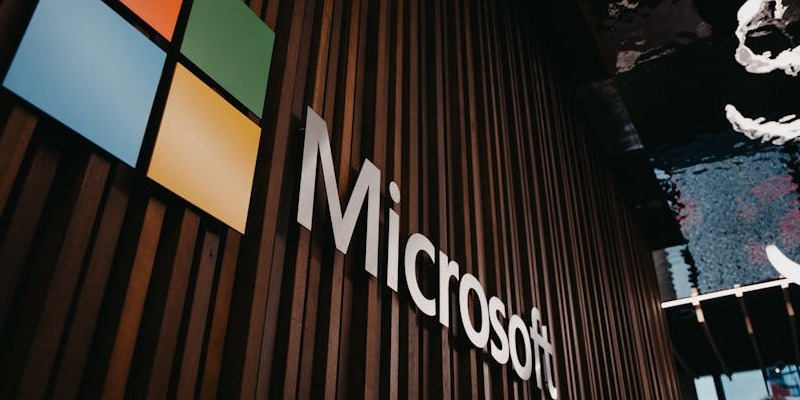In a noteworthy move that has caught the attention of market analysts and investors alike, Microsoft Vice Chair and President Bradford L. Smith recently sold 40,000 shares at a price of $402.59 each. This sale has effectively reduced Smith’s ownership in the tech giant by 7%, equating to a transaction worth approximately $16.1 million. The timing of this sale is particularly significant as it occurred against a backdrop of positive market sentiment buoyed by strong bank earnings and hopeful economic forecasts for a soft landing. However, the move has also stirred mixed reactions, with some viewing it as an indicator of potential challenges that lie ahead for Microsoft, especially in the fiercely competitive cloud computing sector.
Despite an overall optimistic outlook, underscored by the continued bull market which is now in its third year, there are increasing voices of caution among analysts. Gil Luria from DA Davidson, for instance, has tempered the enthusiasm surrounding Microsoft’s stock by pointing out that competitors such as Amazon Web Services (AWS) and Google Cloud are rapidly gaining ground. The cloud computing space, once dominated by Microsoft, is seeing heightened competition and increased costs, which could pose a substantial challenge to its market position. This particular instance of insider selling is often scrutinized by investors as it may offer insights into the executive’s perception of the company’s future prospects.
Analyst Concerns and Market Trends
The optimism surrounding large-cap tech stocks, including Microsoft, is starting to wane as analysts consider these stocks to be "pricey" at current levels. Instead, attention is shifting towards small and mid-cap stocks that are perceived to be undervalued. This sectoral shift is not just conjectural but backed by substantial data and performance metrics. Hedge funds are increasingly favoring these smaller stocks, and a strategic focus on top hedge fund picks has shown promising results. For instance, a carefully curated strategy that replicates top hedge fund investments has returned 275% since 2014, significantly outperforming the broader market indices.
In this context, the recent downgrade of MSFT by DA Davidson from Buy to Neutral serves as a noteworthy signal. The downgrade underscores the ongoing challenges that Microsoft faces in maintaining its leadership position in the cloud sector. Luria has highlighted that Microsoft’s previous advantages, particularly in cloud computing and code generation, are diminishing. This is largely due to the aggressive advancements made by AWS and Google Cloud, both of which have invested in integrating custom silicon into their data centers. This technological edge enables Amazon and Google to offer more efficient and cost-effective cloud solutions, putting Microsoft at a comparative disadvantage.
Competitive Dynamics in the Cloud Sector
In a significant move that has garnered attention from market analysts and investors, Microsoft’s Vice Chair and President Bradford L. Smith recently sold 40,000 shares at $402.59 each. This transaction, worth around $16.1 million, reduced Smith’s stake in the company by 7%. The timing is notable as it occurs amid positive market sentiment driven by strong bank earnings and optimistic economic forecasts for a soft landing. This sale has sparked mixed reactions; some view it as a sign of potential challenges for Microsoft, particularly in the competitively charged cloud computing sector.
While the overall market outlook remains positive, now in its third year of a bull market, analysts are increasingly cautious. For instance, Gil Luria of DA Davidson has tempered enthusiasm by highlighting that competitors like Amazon Web Services (AWS) and Google Cloud are rapidly gaining traction. The cloud computing market, once dominated by Microsoft, is facing intensified competition and rising costs, which could threaten its market position. Insider sales like this are often closely watched by investors as they may reveal the executive’s view on the company’s future prospects.

